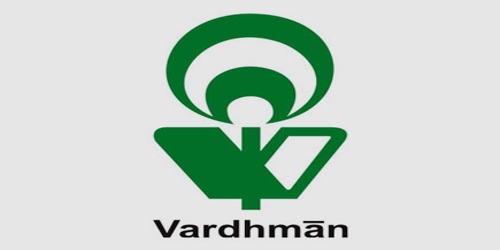Collective bargaining is a process of negotiations between employers and a group of employees aimed at reaching agreements that regulate working conditions. The interests of the employees are commonly presented by representatives of a trade union to which the employees belong. The collective agreements reached by these negotiations usually set out wage scales, working hours, training, health and safety, overtime, grievance mechanisms and rights to participate in workplace or company affairs.
The union may negotiate with a single employer (who is typically representing a company’s shareholders) or may negotiate with a group of businesses, depending on the country, to reach an industry wide agreement. A collective agreement functions as a labor contract between an employer and one or more unions. Collective bargaining consists of the process of negotiation between representatives of a union and employers (generally represented by management, in some countriesby an employee’ organization) in respect of the terms and conditions of employment of employees, such as wages, hours of work, working conditions and grievance-procedures, and about the rights and responsibilities of trade unions.
Collective bargaining is a well developed and important part of industrial relations in Slovakia, with around half of the workforce covered by sector/branch level collective agreements. This feature outlines the legal provisions on bargaining procedures and structures, and looks at the current situation in terms of the number and level of agreements concluded and their contents.
Collective bargaining is one of the most important pillars of social dialogue in Slovakia, and below we examine the legal framework for bargaining procedures and structures, and the current situation in practice.
- Cooperation and communication between the trade union organisation and the management. This covers matters such as: employers’ duties to consult, inform and decide in cooperation with the union; confidentiality clauses; and employers’ support for trade union activities by providing them with technical facilities etc.
- Employment and working conditions. This covers matters such as: employment contracts and termination of employment; principles of redundancy policy in collective redundancies; working time and working time schedules; and holiday and paid leave.
- Wages and remuneration. This covers matters such as: the wage system and minimum wage tariffs; payment for working overtime and for working on holidays; extra payments for difficult and risky working conditions and night work; and severance payments in the event of collective redundancies.
















